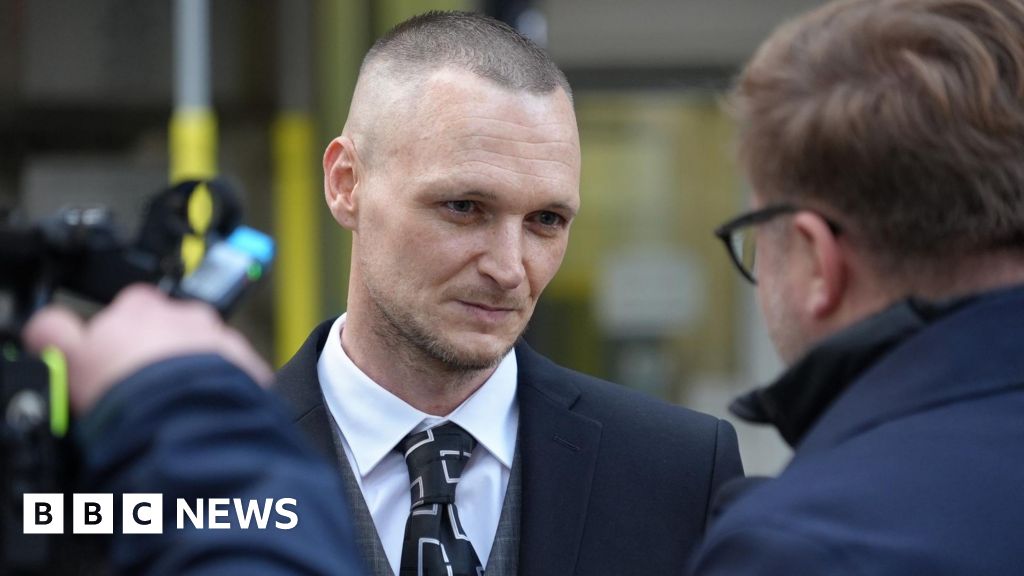Introduction
A court case in Newport, South Wales, has highlighted the peculiar intersection of digital currency and physical property law, igniting a debate that transcends the traditional boundaries of property rights. James Howells, a Bitcoin miner, is engaged in a legal battle with the local council over a hard drive believed to contain a vast fortune now worth around £600 million, which he claims was accidentally thrown away.
The Case Unfolds
After a lengthy series of legal maneuvers, Mr. Howells is aiming to recover his lost Bitcoin wallet, reportedly buried in a landfill since 2013. The hearing in Cardiff focused on whether his case should advance to a full trial. The Newport council’s barrister, James Goudie KC, suggested that Howells was attempting to ‘bribe’ the council by offering a donation of 10% of any recovered Bitcoin to the local community. This claim added a layer of complexity to the proceedings, drawing public interest into the ethical implications of such financial negotiations.
Legal Arguments and Community Impact
The council’s legal team argued that there is no legal obligation for them to excavate the landfill, asserting that any items abandoned in waste belong to the authority. The council cited environmental permits which prohibit disruption of the landfill area for the retrieval of goods. Meanwhile, Howells’ lawyers emphasized the need for a trial, pointing to unresolved issues regarding the ownership of the hard drive. They argued that the case does not represent a simple search through a landfill but rather a detailed excavation guided by ‘considerable expertise.’
The Larger Implications
This case serves as a stark reminder of the challenges posed by digital assets in a world largely governed by traditional property laws. As cryptocurrency continues to rise in value and popularity, courts will likely face more disputes like Howells’, where the fate of digital fortunes collides with existing legal frameworks. Howells himself noted that Bitcoin enthusiasts should not consider themselves “above the law,” a sentiment echoed by Goudie during the discussions.
Key Takeaways
- James Howells seeks legal access to a landfill to recover a hard drive containing Bitcoin valued at £600 million.
- The Newport council contends that it is not legally required to assist in the excavation due to property laws and environmental regulations.
- The case raises significant questions about the ownership and recovery of digital assets under traditional property law.

